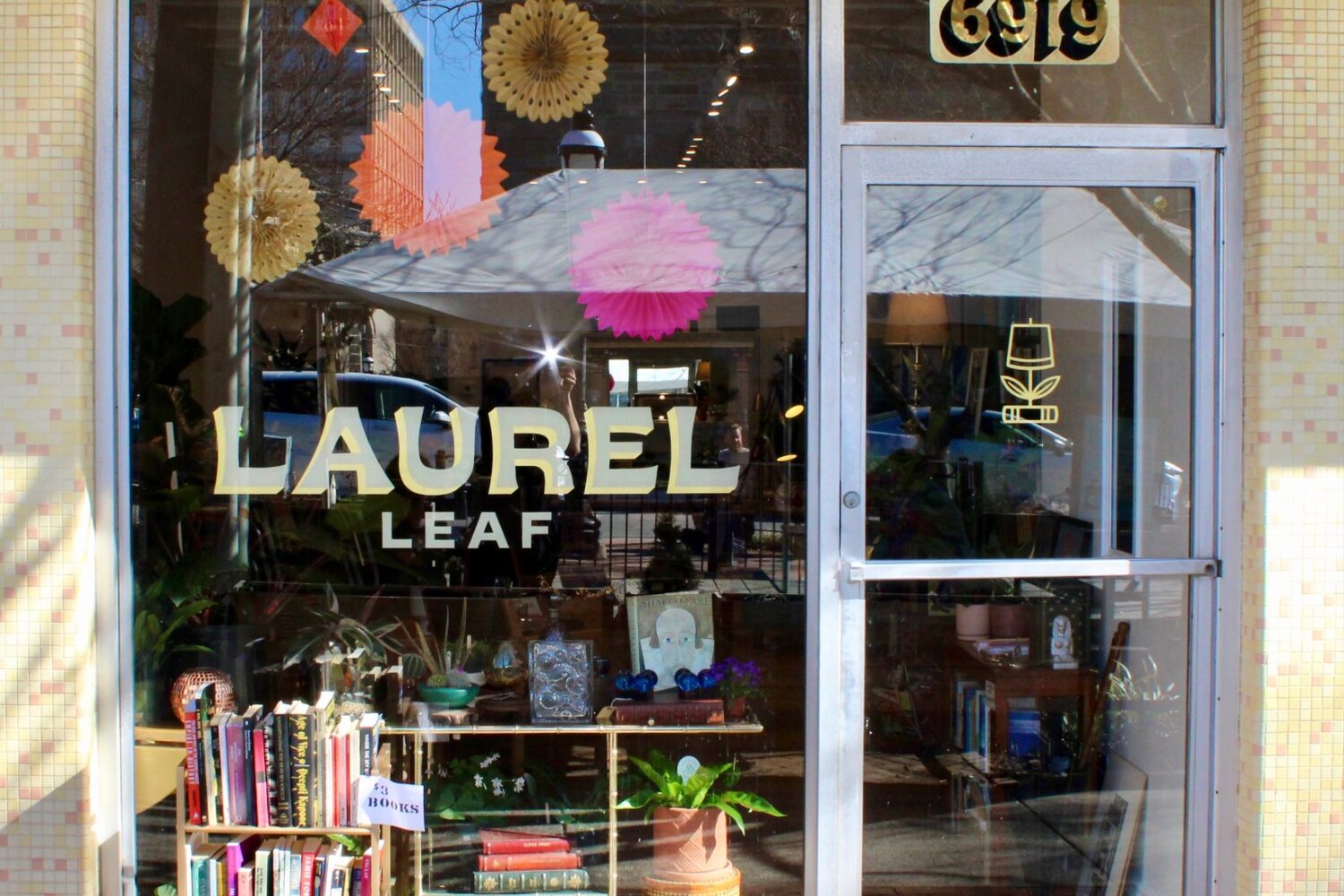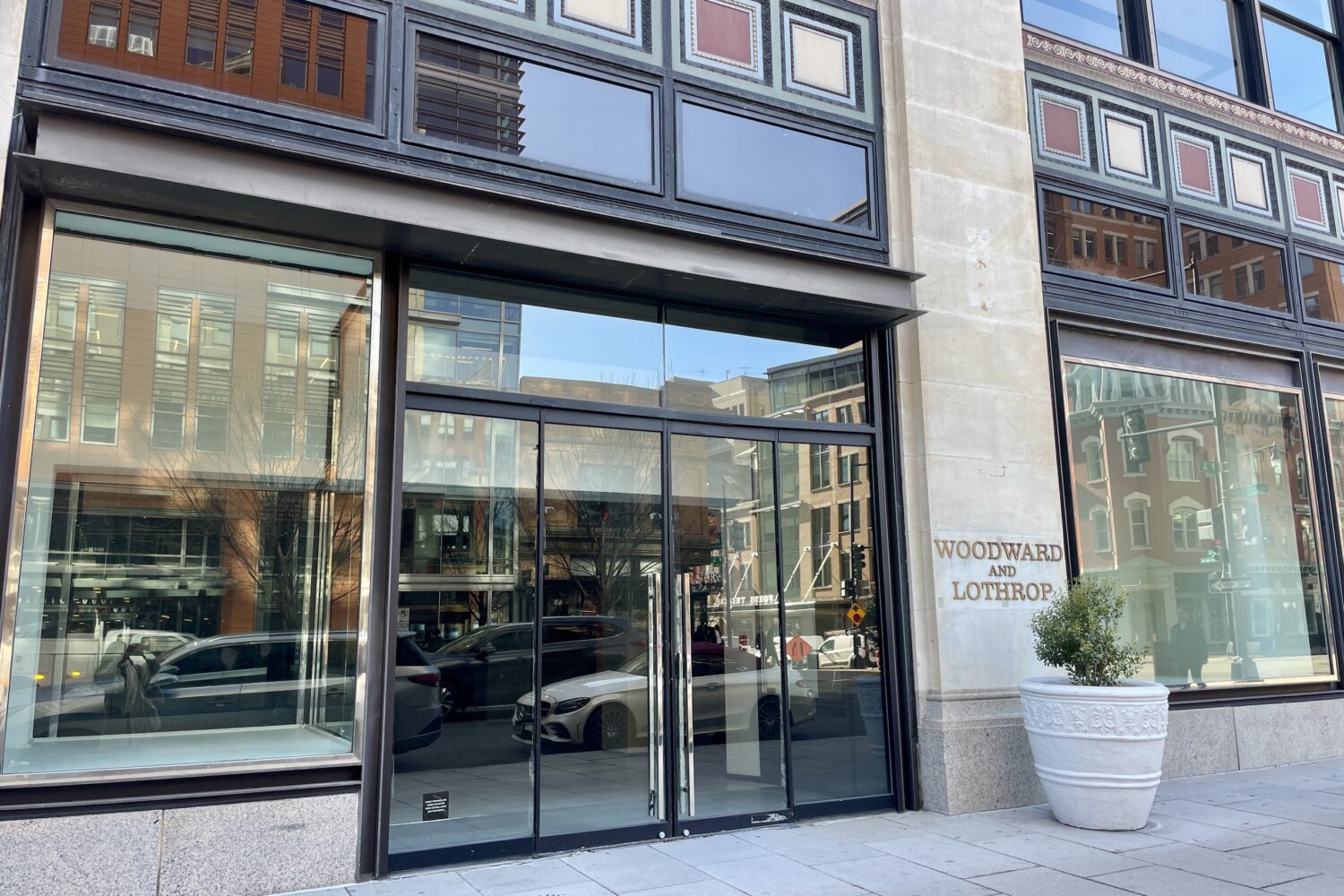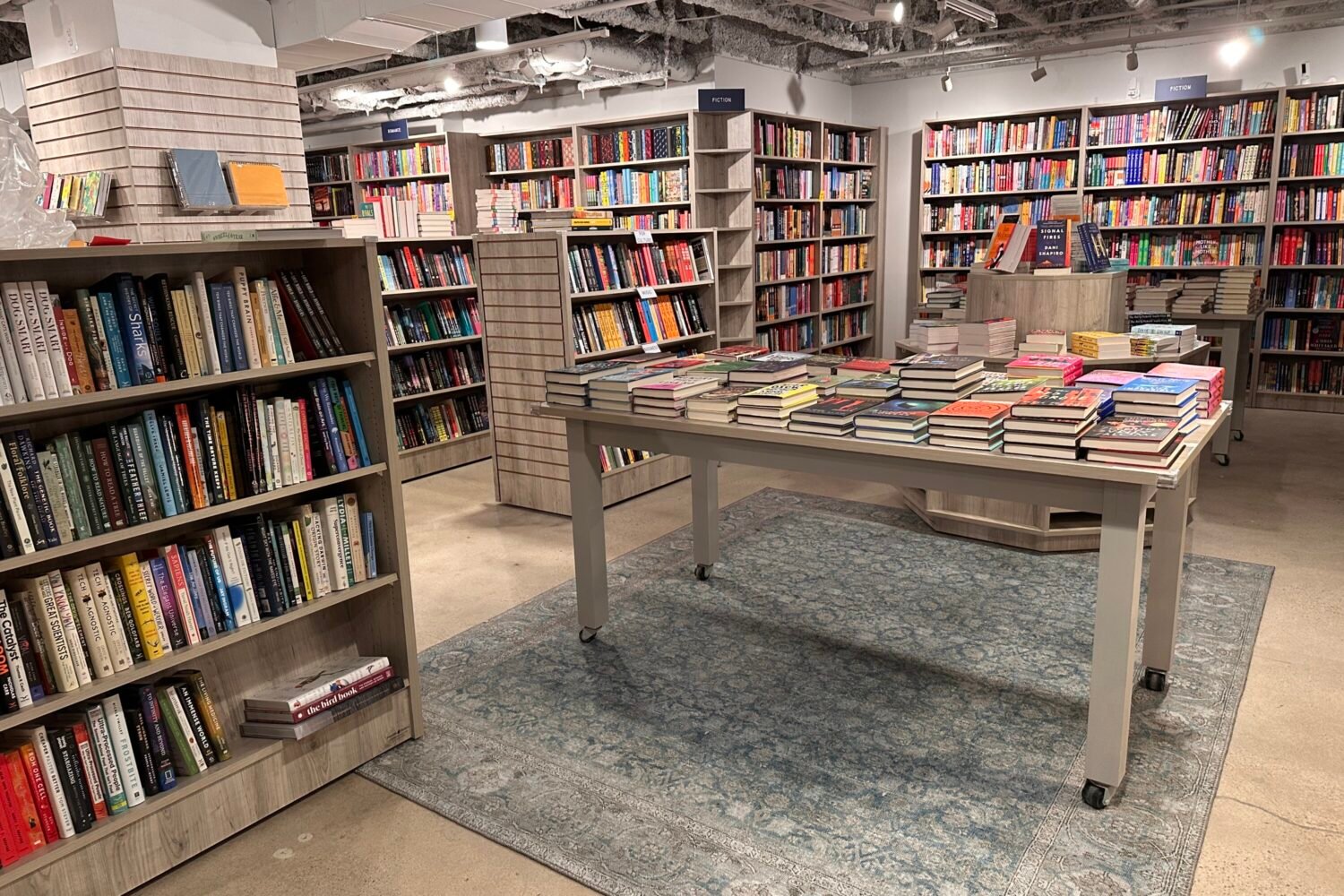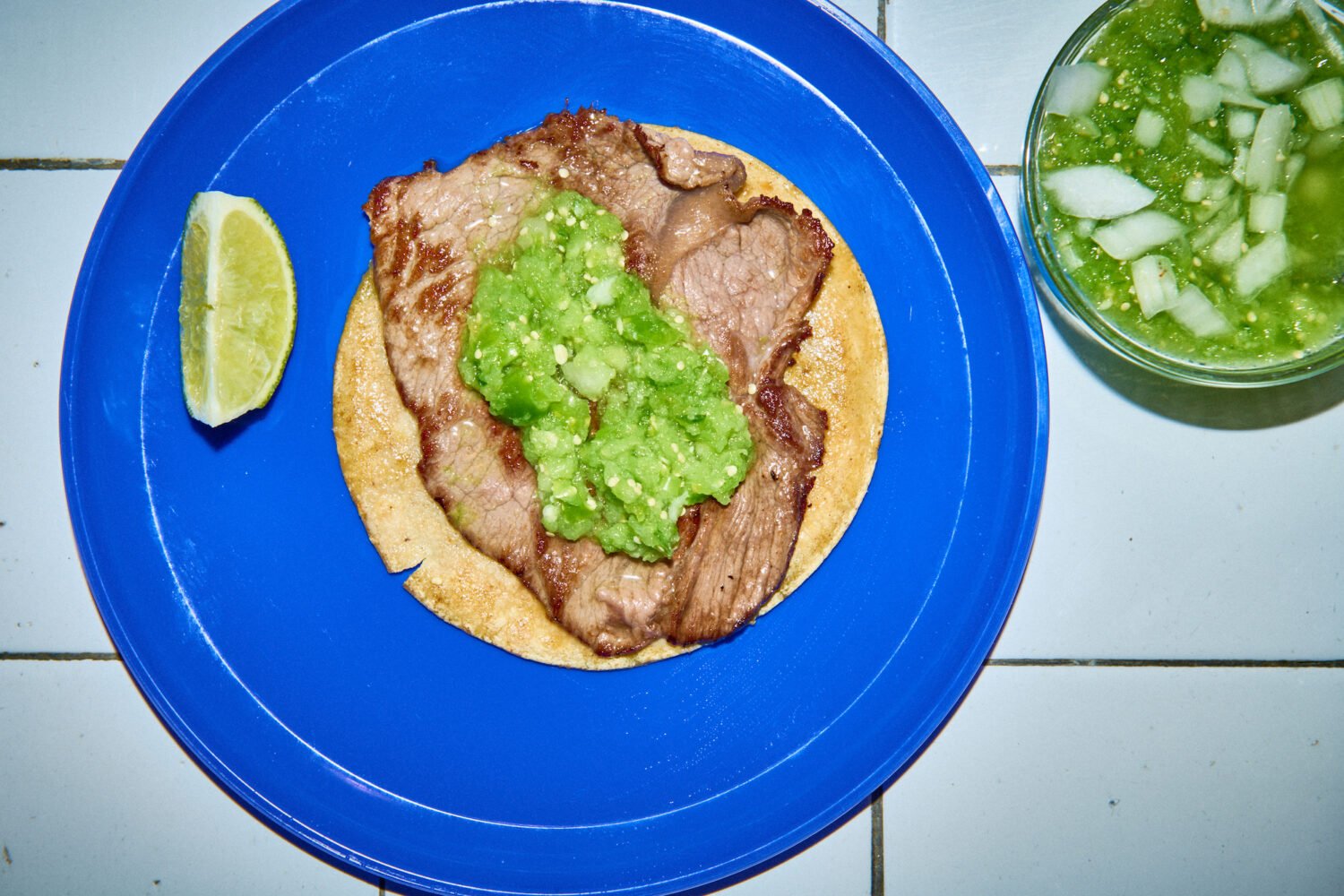Plenty of beloved Bethesda retailers have shut down over the years, including Bruce Variety, Olsson’s Books & Records, and Lowen’s toy store. But despite being a big national chain, Barnes & Noble—which is leaving Bethesda after two decades on the corner of Woodmont and Bethesda avenues—arguably had the largest impact on the area. Here’s how the bookstore changed the neighborhood.
Before
Ask journalist Cokie Roberts about the downtown Bethesda of her youth and a single word comes to mind: “industrial.” When Roberts’s parents—who both served in the House of Representatives—moved the family there in 1952, she recalls, the most notable landmarks were a concrete plant and a Fritos factory. “There was nothing like that whole Woodmont area,” Roberts says, referring to downtown Bethesda’s current bustling hub of restaurants and retailers.
In the decades that followed, Bethesda remained relatively sleepy, even as a Metro stop and a cluster of office high-rises increased activity. Maybe you’d head for ribs at O’Brien’s Pit Barbecue or buy a hammer at Community Paint & Hardware, but Bethesda wasn’t exactly exciting. “It was a smaller community,” says Lee Fleishman, whose family opened Bethesda Bagels on Bethesda Avenue in 1982. “Definitely a different feel.”
After
When planning began in 1994 for a mixed-use retail complex called Bethesda Row, the architecture firm Cooper Carry envisioned Barnes & Noble as an anchor tenant, according to David Kitchens, the project’s principal architect. “Back in the early ’90s, a bookstore was the thing to put at that corner,” he says. B&N signed on as one of Bethesda Row’s first tenants, and Kitchens soon proved correct: The three-level store and cafe, which opened in 1997, attracted new buzz and foot traffic.
Today the area is hopping, with locals flocking to José Andrés’s Jaleo, an Apple Store, Warby Parker, and other destinations. Ironically, it appears that Bethesda Row’s success is contributing to B&N’s departure. The store is reportedly closing because it couldn’t agree on terms for a lease extension. It will be replaced by an Anthropologie later this year. “It really was a gathering place,” says Roberts. “It’s a big loss.”
This article appears in the January 2018 issue of Washingtonian.



















